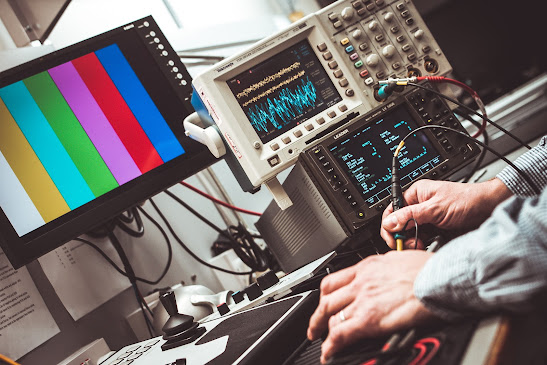How do your cells become differentiated?
Differentiation is the process by which cells become specialized to carry out specific functions in the body. This process begins in the earliest stages of embryonic development, when a single fertilized egg cell starts to divide and give rise to a multitude of different cell types.
The mechanism by which cells become differentiated is not
fully understood, but it is known that a variety of factors play a role in this
process. These include the genes that are expressed by the cells, as well as
the proteiEach of the trillions of cells in your body are unique. They have
different functions and appearances, depending on where they are in the body.
How do your cells become differentiated?
Your cells start off as a single cell, called a zygote. This
zygote contains all of the genetic information that will determine the
characteristics of your cells. As the zygote divides, the cells become more
specialized. This process is called differentiation.
Differentiation occurs as the cells are exposed to different
environmental signals. For example, cells in your skin will become specialized
to produce melanin, the pigment that how do the cells in your pancreas become
specialized to produce insulin?
How does your body know which genes to turn on and off?
What determines the shape of a heart cell or a liver cell?
Your cells, from single-celled bacteria to complex
multicellular organisms like you, are highly differentiated. A brain cell is
different from a skin cell, which is different from a blood cell. This means
that each of these cells has evolved to carry ns and molecules that they
interact with.
click for to read more:






Comments
Post a Comment